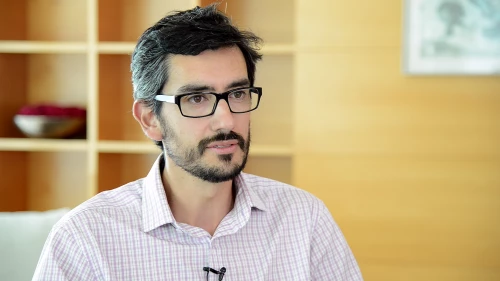
Education
- Master of Public Policy, University of Sydney
- Bachelor of Accounting, University of Technology, Sydney
Miguel Carrasco is the Global Leader for the Center for Digital Government at Boston Consulting Group and BCG X for the public sector. Miguel has deep expertise in a wide range of topics, including artificial intelligence, digital strategy and transformation, digital innovation and service delivery, citizen-centric government, digital identity and trust, legacy systems modernization, IT strategy, tech program de-risking and recovery, the future of work, and the digital economy.
While at BCG, Miguel has helped public sector clients design, build, and launch digital products and services, and worked on several public sector transformations in employment, welfare, immigration, and defense. He has experience building public service capability and leadership through upskilling and knowledge transfer programs—including in partnership with the Centre for Public Impact. In 2022, he was recognized as one of Australia’s top five most powerful consultants by the Australian Financial Review. He is a global thought leader in digital government, keynote speaker, and co-author of several articles and reports including the Trust Imperative and BCG’s bi-annual Global Digital Government Benchmarking series.











